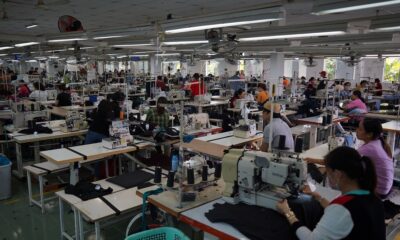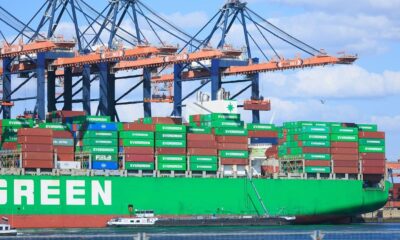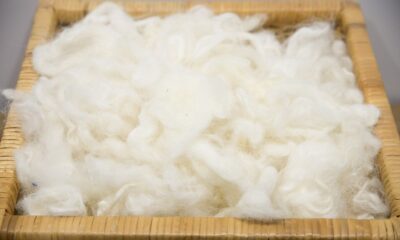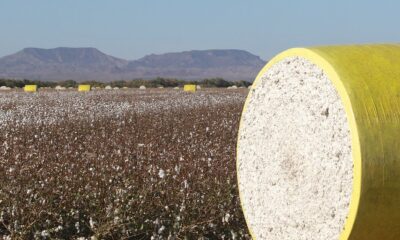Fashion
How US tariffs rattled Lesotho’s apparel sector
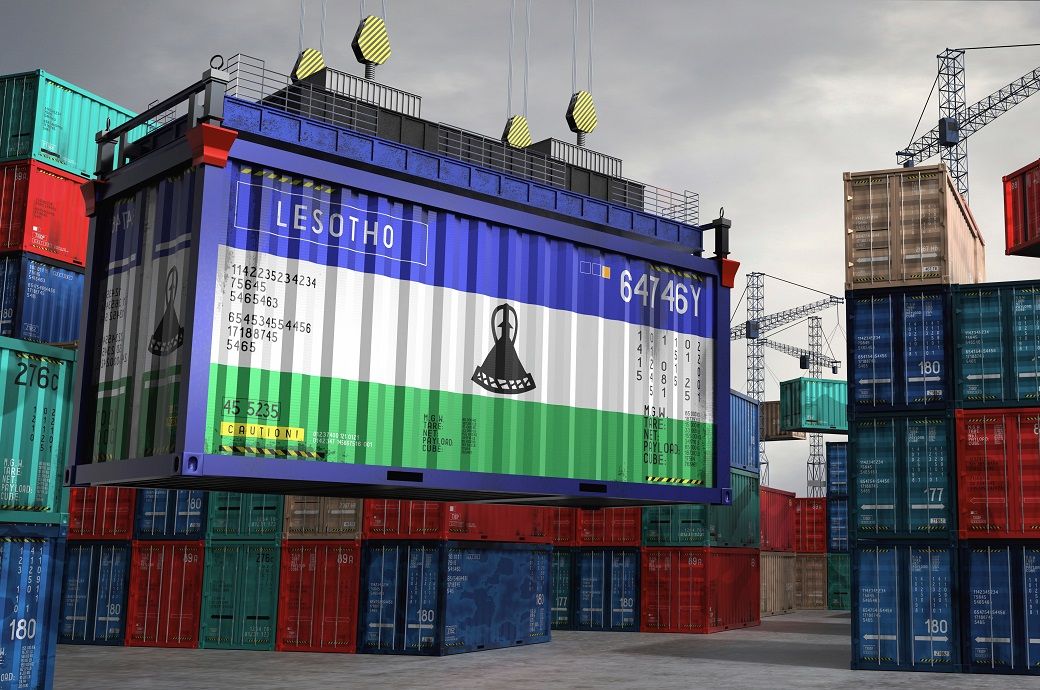
Lesotho’s manufacturing sector has long been regarded as one of its most promising economic pillars, with textiles and apparel leading the charge. Alongside industries like footwear, food, and beverages, textiles have emerged as the dominant force—providing jobs, foreign exchange, and a sense of industrial identity for the small, landlocked southern African nation.
Lesotho’s manufacturing sector, led by textiles and apparel, has been a major economic driver, creating thousands of jobs and generating substantial export earnings, making it a top garment exporter in Sub-Saharan Africa.
However, the US tariff of 50 per cent, which was eventually lowered to 15 per cent after a 90-day pause, triggered mass order cancellations and widespread layoffs.
Over the past two decades, Lesotho has carved out a niche for itself in the realm of garment manufacturing and export, thanks in large part to the African Growth and Opportunity Act (AGOA). The trade deal granted duty-free access to US markets for eligible Sub-Saharan African countries, and Lesotho made the most of it.
By 2024, Lesotho had become the second-largest exporter by value under AGOA and the third largest by volume, almost entirely driven by its textile and garment shipments, as per reports, which added that the industry racked up $237.3 million in exports to the United States that year, a remarkable figure for a nation of just over two million people.
Thousands of workers, most of them women, found stable employment in the sector, stitching garments destined for shelves across America. For a while, Lesotho’s economic narrative was one of steady progress and global integration.
But that story took a jarring turn after US President Donald Trump slapped a staggering 50 per cent tariff on Lesotho’s exports, only to reduce it to 15 per cent after a 90-day pause. But the looming threat of a 50 per cent tariff after the expiry of the 90 days sent shockwaves through the country’s economy, particularly its textile sector, as widespread uncertainty and concern gripped one of Sub-Saharan Africa’s top garment exporters.
Spooked by the looming threat of steep tariffs, American importers had already begun cancelling orders en masse, wary of escalating costs and growing uncertainty. Factory floors, once buzzing with activity, fell silent. The very lifeblood of Lesotho’s manufacturing sector began to drain away.
Layoffs followed, disproportionately affecting women who formed the backbone of the workforce, and the crisis escalated so quickly that the government was forced to declare a two-year state of disaster, citing a dramatic surge in unemployment over the country’s “high rates of youth unemployment and job losses” amidst uncertainty over US tariffs. For many families, livelihoods that had taken years to build disappeared almost overnight.
Although following the 90-day pause and considerable backlash, Trump eventually set the tariff at 15 per cent, it came too late for many businesses that had already borne the worst of the impact. Adding to the complexity, some neighbouring countries, considered Lesotho’s competitors, were offered tariffs lower than 15 per cent.
Trade Minister of the country did not mince words when he addressed this issue.
Interacting with the media, the minister reportedly underlined that the 15 per cent tariff for the textile industry was as good as 50 per cent, as he highlighted the impossibility of competing with regional players like Kenya and Eswatini, who continue to enjoy a lower 10 per cent tariff.
“Those are our direct competition,” the minister reportedly claimed, capturing the sense of frustration that has gripped the sector.
In global trade, where the difference of a few percentage points can determine profitability, even a marginal tariff can mean the loss of business to more cost-effective alternatives. What this episode lays bare is just how vulnerable smaller economies are to shifts in global policy, especially when their fortunes are tied so heavily to a single export market.
Fibre2Fashion News Desk (DR)
Fashion
APAC freight market sees short-term surges, long-term overcapacity: Ti
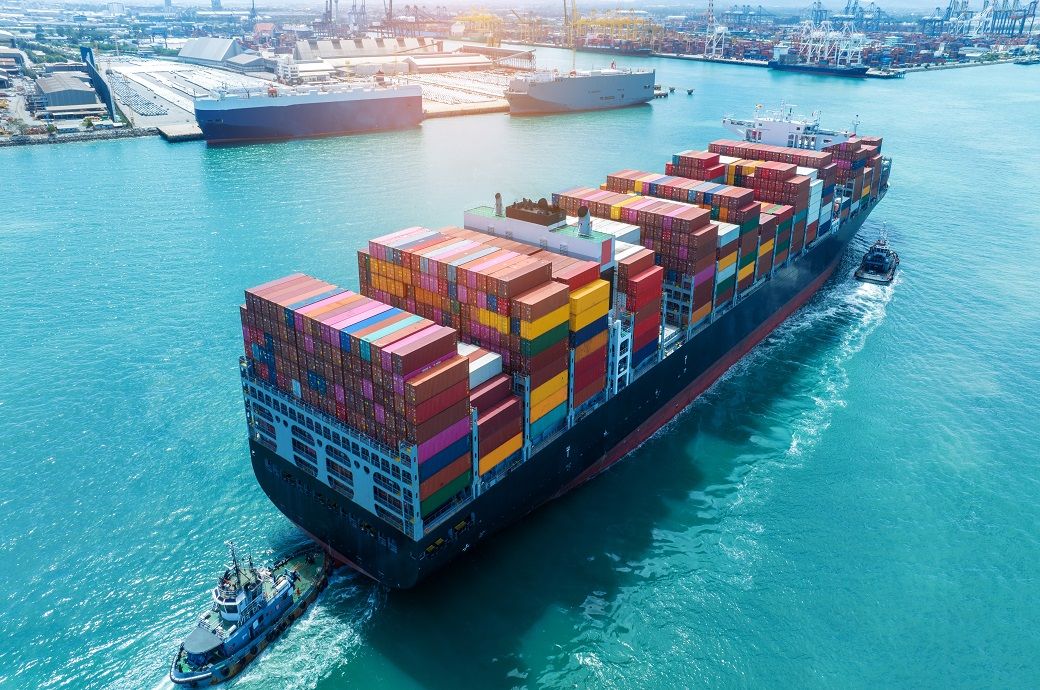
While rates initially jumped in early January, weak underlying demand and the potential return of vessels to the Suez Canal are creating a volatile environment for shippers, it noted.
Carriers pushed through general rate increases (GRIs) in early January this year, briefly lifting China-to-US West Coast rates above $3,000 per forty-foot equivalent unit (FEU). However, these hikes were largely unsustainable due to weak volumes, with rates quickly correcting to the $1,800-$2,200 range by mid-month, the logistics and supply chain market research firm said in an insights brief.
Asia’s ocean freight market is navigating short-term seasonal surges and long-term structural overcapacity, Ti said.
Asia’s air freight market is seeing a significant ‘post-peak’ correction following a record-breaking end to 2025.
Warehousing capacity in the Asia-Pacific is under severe strain in late January as manufacturing slows and labour shortages emerge ahead of the Lunar New Year.
Seasonal demand ahead of the Lunar New Year (starting mid-February 2026) has pushed North Europe rates to roughly $2,700 per FEU as of mid-January. This is a significant recovery from the October 2025 lows of $1,300 per FEU.
Despite a peak ahead of the holiday, Intra-Asia rates have begun to ‘cool’ in mid-January, settling at an average of $661 per 40-feet container as new services and capacity entered the market.
The Asian air freight market is witnessing a significant ‘post-peak’ correction following a record-breaking end to 2025. While rates have dropped sharply from their December highs, demand remains resilient in key high-tech sectors, and a ‘mini-peak’ is expected in late January ahead of the Lunar New Year.
Spot rates from major hubs like Hong Kong and Shanghai fell significantly in early January as year-end peak season demand evaporated.
Despite the rate correction, global air cargo tonnages jumped by 26 per cent in the first full week of January 2026 compared to the end-of-year slump, with the Asia-Pacific region seeing an 8 per cent year-on-year (YoY) increase in chargeable weight.
Volumes from Southeast Asia to the United States rose by 10 per cent YoY in early January, driven by importers continuing to diversify sourcing away from China.
Warehousing capacity in the Asia-Pacific is under severe strain in late January as manufacturing slows and labour shortages emerge ahead of the Lunar New Year.
India closed 2025 with 36.9 million sq ft of warehouse leasing (16-per cent YoY growth), a trend continuing into early 2026 with high demand in Delhi National Capital Region and Chennai.
After a period of oversupply, development pipelines are expected to drop by a third by 2027, making 2026 a critical ‘inflection point’ for occupiers to secure quality space before terms tighten again.
Fibre2Fashion (DS)
Fashion
Vietnam textile-garment sector targets $50 mn in exports in 2026
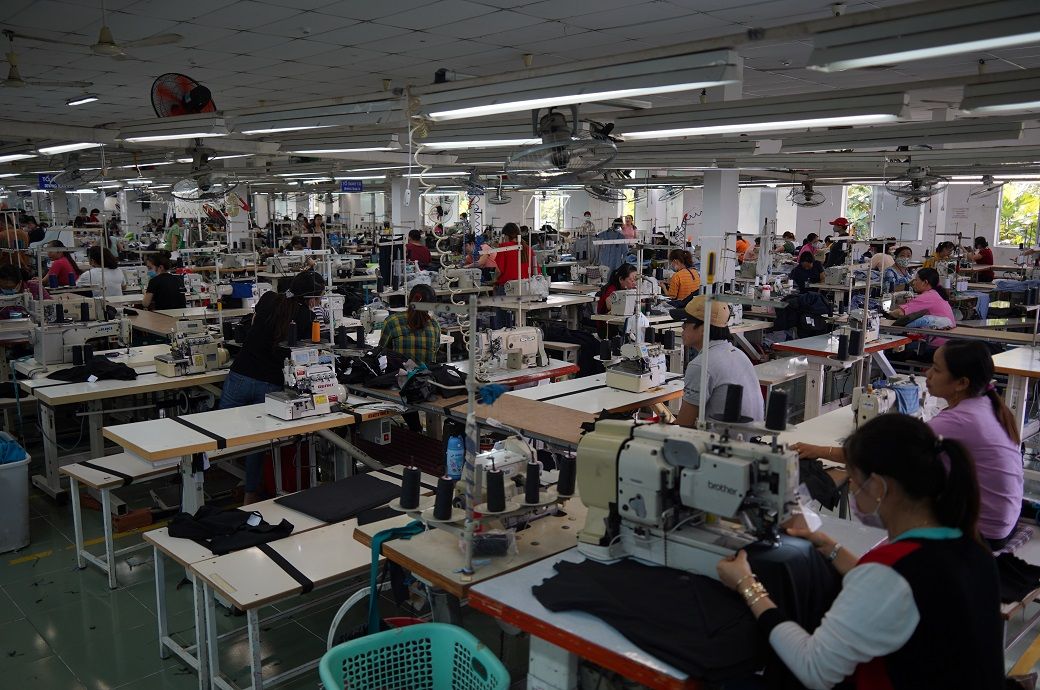
The goal, however, is challenging due to external pressures, including stricter technical barriers, reciprocal tariffs on goods exported to the United States, and the European Union’s Carbon Border Adjustment Mechanism (CBAM) for selected industrial products.
Therefore, major export industries in the country have started restructuring and adjusting strategies early in the year to seize market opportunities.
Following a record export value of $475 billion achieved in 2025—up by 17 per cent YoY—Vietnam aims at adding nearly $38 billion to the figure in 2026.
Major export industries in the country have begun restructuring and adjusting strategies early in the year to seize market opportunities.
The textile and garment sector, which earned $46 billion in 2025, has set a target of $50 billion in exports in 2026.
The textile and garment sector, which earned $46 billion in 2025, has set a target of $50 billion in exports in 2026.
The sector is focusing on strengthening domestic supply chains, raising localisation rates and making more effective use of free trade agreements (FTAs), Vu Duc Giang, chairman of the Vietnam Textile and Apparel Association (VITAS), was cited as saying by a domestic media outlet.
Exports may grow by 15-16 per cent this year, driven by market expansion and a shift towards higher-value products, according to MB Securities’ Vietnam Outlook 2026 report.
Fibre2Fashion (DS)
Fashion
Netherlands’ goods exports to US fall 4.7% in Jan-Oct 2025
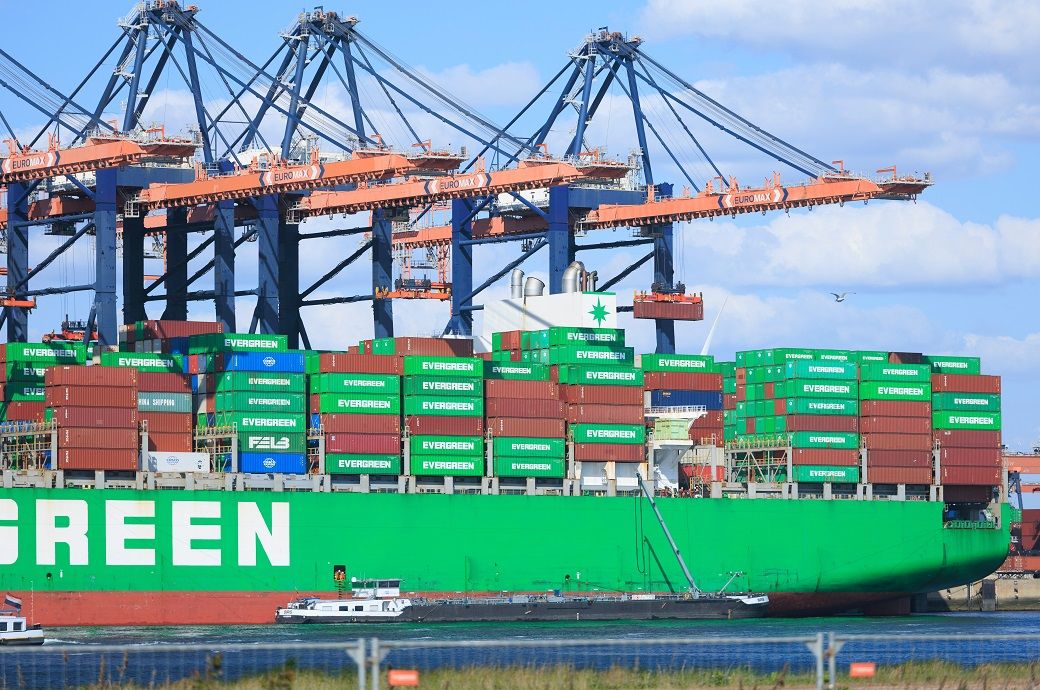
The data showed that the decline was driven mainly by weaker domestic exports, with goods produced in the Netherlands down 8 per cent YoY. In contrast, re-exports to the US rose 3.9 per cent during the period. Exports to the US have fallen every month on a YoY basis since July, CBS said in a press release.
Trade flows were influenced by uncertainty around US import tariffs. In the first half of 2025, trade between the two countries continued to grow, possibly as companies advanced shipments ahead of announced tariff measures.
Goods exports from the Netherlands to the United States fell 4.7 per cent YoY to €27.5 billion (~$33 billion) in the first ten months of 2025, driven by an 8 per cent drop in domestic exports, according to CBS.
Re-exports rose 3.9 per cent, while tariff uncertainty weighed on trade.
Imports from the US increased 1.9 per cent to €48.1 billion (~$57.7 billion).
Meanwhile, imports from the United States rose 1.9 per cent YoY to €48.1 billion (~$57.7 billion) in the first ten months of 2025.
Fibre2Fashion News Desk (SG)
-

 Sports6 days ago
Sports6 days agoPSL 11: Local players’ category renewals unveiled ahead of auction
-

 Entertainment5 days ago
Entertainment5 days agoClaire Danes reveals how she reacted to pregnancy at 44
-

 Tech1 week ago
Tech1 week agoICE Asks Companies About ‘Ad Tech and Big Data’ Tools It Could Use in Investigations
-

 Business6 days ago
Business6 days agoBanking services disrupted as bank employees go on nationwide strike demanding five-day work week
-

 Fashion1 week ago
Fashion1 week agoSpain’s apparel imports up 7.10% in Jan-Oct as sourcing realigns
-

 Sports5 days ago
Sports5 days agoCollege football’s top 100 games of the 2025 season
-

 Politics1 week ago
Politics1 week agoFresh protests after man shot dead in Minneapolis operation
-

 Business1 week ago
Business1 week agoShould smartphones be locked away at gigs and in schools?




